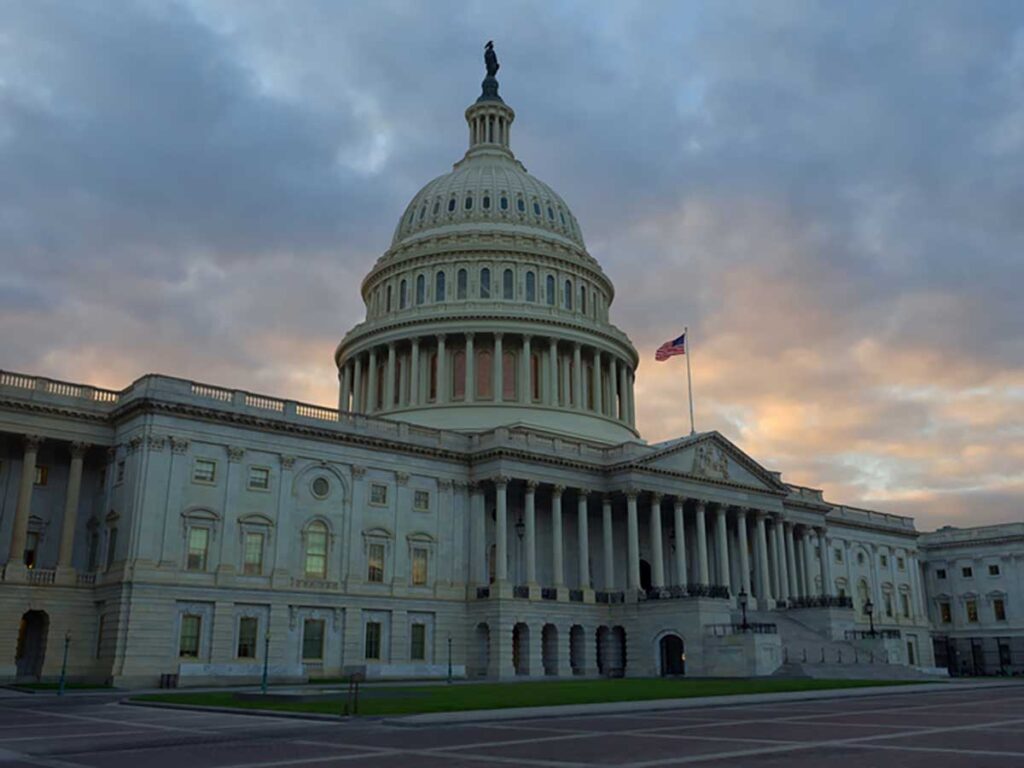
NRECA urged Congress to reform federal permitting rules before billions of federal dollars become available for rural broadband and to reject for-profit internet providers’ calls to place electric cooperative poles under federal rate regulations.
In testimony April 19 to the House Energy and Commerce Subcommittee on Communications and Technology, Louis Finkel, NRECA senior vice president for Government Relations, said the federal permitting process “takes too long, is too expensive, and is an impediment to the ability of broadband providers to meet the needs of their consumers and communities.”
More than 200 electric co-ops in 39 states are currently delivering or partnering to deliver broadband to their members.
With the $42.5 billion Broadband Equity, Access and Deployment Program and billions more in other funding coming available to close the digital divide, the hearing examined more than 30 proposals that focus on federal, state and local government barriers to rural broadband, such as permitting and reviews. It also touched on attaching communications equipment to utility poles.
To make the most of these once-in-a generation funds, Finkel said, “this process must be modernized to give more certainty and predictability as electric cooperatives and other internet service providers build networks to connect homes and businesses in rural areas.”
National Environmental Policy Act regulations, for instance, “present a significant challenge to rapid broadband deployment” because even co-ops with existing electric rights of way “must renegotiate…agreements with each state or federal agency, local jurisdiction, or private landowner, which can take years and can cost millions of dollars,” Finkel said.
Finkel also told lawmakers that federal agencies must ensure the accuracy of broadband coverage maps before BEAD funds are released to providers to deploy broadband in unserved areas. “Congress must provide flexibility for states to use their own maps and local knowledge in addition to the new FCC maps when determining eligible locations for BEAD,” he said.
On pole attachments, Congress should reject proposals to require the Federal Communications Commission regulated rate be used for access to co-op poles, Finkel said. He dismissed claims of unfair co-op pole attachment rates and explained that co-ops lease excess space on their poles to third parties, or even their own broadband subsidiary, “for a small fraction of the costs that co-ops have incurred to build and maintain these systems.”
“The fees charged to attach to co-op poles reflect the unique geographic and demographic characteristics of each co-op’s service territories, which can vary from state to state and co-op to co-op.”
NRECA, joined by American Public Power Association and the Utilities Technology Council, sent a letter to the House Energy and Commerce Committee leadership on why nonprofit electric utilities should maintain their 1978 exemption from FCC rate regulations on pole attachments. Proposed legislation would effectively ask these utilities and their customers “to subsidize for-profit companies’ infrastructure buildout,” they said.
“Congress has repeatedly recognized that federal pole attachment regulation is unnecessary for public power and electric cooperative pole owners, because they are owned by their customers, the same customers that would benefit from communications services provided over the facilities attached to their poles,” NRECA, APPA and UTC wrote the committee April 18.
“Modifying or eliminating the exemption will not result in any significant increases in broadband deployment, adoption, and use. Instead, it will merely result in not-for-profit electric utility customers subsidizing for-profit telecommunications and cable companies.”
Cathy Cash is a staff writer for NRECA.